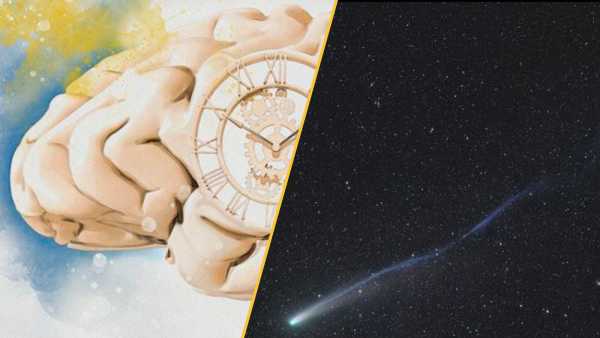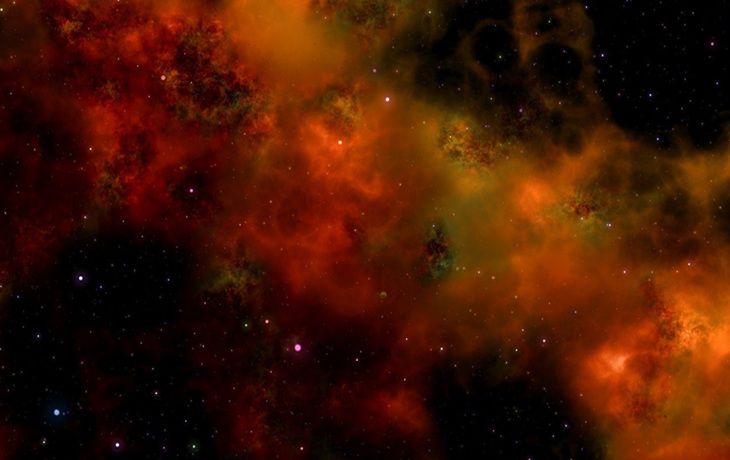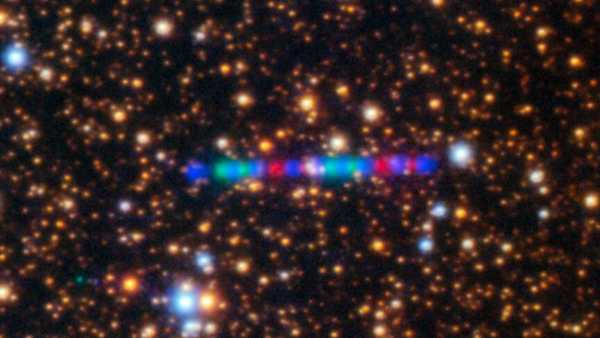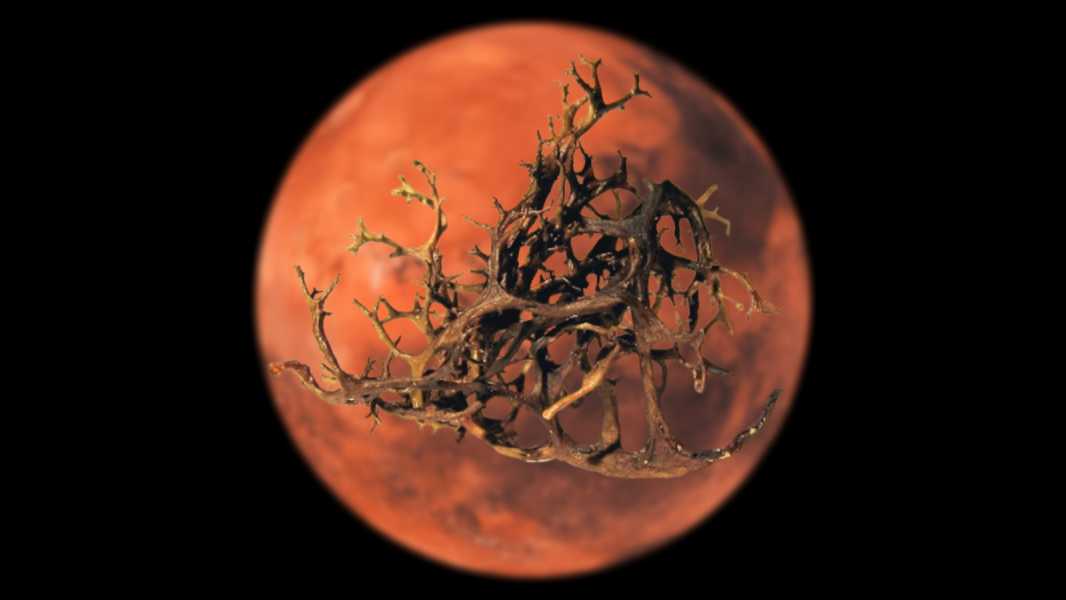
A new study has found that lichens can withstand the high levels of ionising radiation that hits the surface of Mars. (The lichen in this photo is Cetraria aculeata.) (Image credit: Pensoft)
A new study suggests that Earth organisms known as lichens may be resilient enough to survive on Mars.
Scientists came to this conclusion after lichens were exposed to radiation equivalent to a year's worth of radiation on Mars in a laboratory experiment for less than a day, and still survived.
Mars is an extremely inhospitable environment for life. The Red Planet is basically a vast desert with a thin atmosphere, freezing temperatures, and no liquid water on the surface. However, the most significant obstacle to life on Mars is the lack of a strong magnetic field, which protects it from the constant exposure to ionizing radiation from cosmic rays and solar flares that can damage living cells and cause mutations in their DNA.
One group of organisms that can survive in such extreme conditions are lichens, which are symbiotic relationships between fungi and photosynthetic bacteria and/or algae. These hybrid life forms, which are not fully-fledged organisms but belong to the three main categories of life, work together to survive, and many are extremophiles, able to tolerate long-term lack of moisture and high temperatures. Some species have even managed to survive direct exposure to the vacuum of space.
In a new study published March 31 in the journal IMA Fungus, the scientists examined the response of two species of lichen, Diploschistes muscorum and Cetraria aculeata, to ionizing radiation under Martian-like conditions. To do this, the team placed the organisms in a specialized vacuum chamber at the Polish Academy of Sciences’ Space Research Center in Warsaw, which replicated the atmospheric pressure, temperature, and composition found on the Red Planet. They exposed the lichens to a year’s worth of Martian radiation for just five hours. Both species remained metabolically active throughout the entire test.
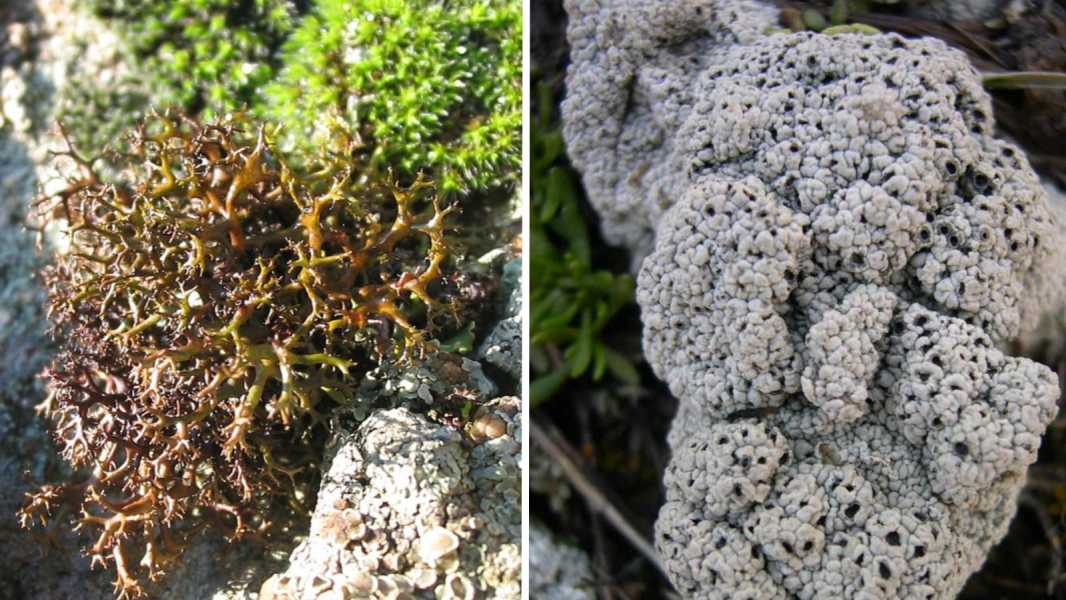
Cetraria aculeata (left) and Diploschistes muscorum (right) both passed the tests successfully. But D. muscorum is a better candidate for life on Mars.
“These results deepen our understanding of biological processes in Mars-like environments and demonstrate how hydrated organisms respond to ionizing radiation,” said Kaja Skubala, a researcher at the Institute of Botany at the Jagiellonian University in Krakow, Poland, in a statement. “Ultimately, this study contributes to our knowledge of how lichens adapt and their potential to colonize in
Sourse: www.livescience.com



